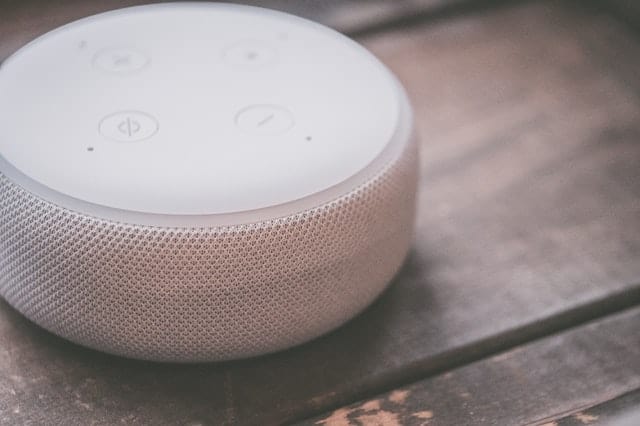Sales of China smart speakers in the first quarter of 2019 grew by more than 500% year-on-year, according to the latest research from market research and advisory firm Strategy Analytics.
Q1 sales reached 25.9 million, which increased 168% compared to the same period last year.
Strategy Analytics said that with this number, the global market shares of Chinese brands inched closer to Amazon and Google. The US tech giants, however, maintained their lead in this category.
“Chinese demand was boosted by promotional activities around the Chinese New Year, and Baidu’s Xiaodu Zaijia smart displays proved particularly popular,” the research firm said.
“For the first time China has become the world’s largest market for smart speakers. This was partly because the first quarter is traditionally a period of strong demand, but it also signals the arrival of smart speakers as one of the hottest consumer technologies in China, just as they have been in North America and parts of Europe for the past couple of years,” commented David Watkins, Director at Strategy Analytics.
He said they expect China’s “love affair with smart speakers and displays to continue for some time to come.”
Hence, the research now increased its forecast for full-year 2019 global shipments by 10% to 147.7 million units.
David Mercer, Vice President at Strategy Analytics, believes that building mass market voice UI platforms will support the evolution of existing and new digital services as well as driving significant new revenue opportunities.
“For the moment the Chinese domestic market is the focus but the time will come when these firms will look elsewhere for growth,” he said.
Baidu
A separate research report from Canalys released in May showed that Baidu alone shipped 3.3 million units of smart speakers in Q1, taking up 16% of global share.
Kun Jing, Baidu Vice President and General Manager of the Smart Living Group, was quoted in the report as saying that they have been improving their systematic capability in AI hardware, brand building, marketing and sales channels since 2018.
“Looking ahead, we will continue to build products that improve people’s daily lives and make the complicated world simpler through technology,” he said.
Baidu’s smart speakers are powered by DuerOS, which is increasing in popularity among users and partners.
Canalys said in March 2019, the DuerOS voice assistant installed base reached 275 million, up by 279% year-on-year, and monthly voice queries on DuerOS reached 2.37 billion, up by 817% year-on-year.
Alibaba, Xiaomi, etc.
In Canalys’ report, Alibaba and Xiaomi also shipped 3.2 million units each in the first quarter of 2019 for a market share of 15.5% and 15.4%, respectively.
Canalys said both Alibaba and Xiaomi maintained growth after a strong Q4 by promoting gift sales around the new year.
In April this year, Alizila reported that the artificial-intelligence research unit at Alibaba Group has launched three new iterations of Tmall Genie, the smart speaker introduced by the Chinese tech firm in July 2017.
Meanwhile, Chinese electronics manufacturer Xiaomi introduced its own Mi AI Speaker also in 2017.
Meanwhile, Chinese electronics manufacturer Xiaomi introduced its own Mi AI Speaker also in 2017. In January this year, it unveiled an elaborate AI + IoT strategy with RMB 100 billion (approximately $1.457 billion) funding to push more connected devices into the market.



